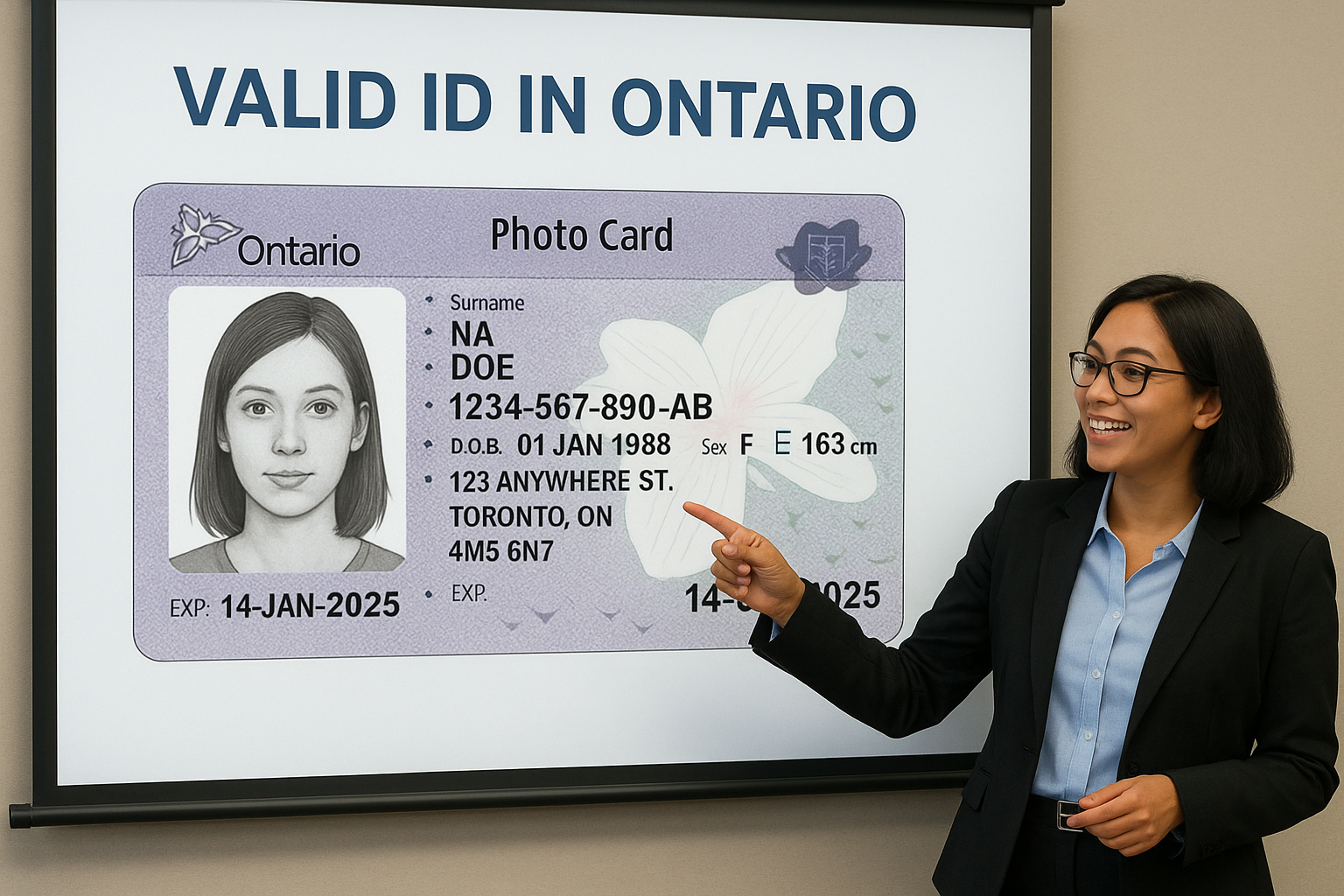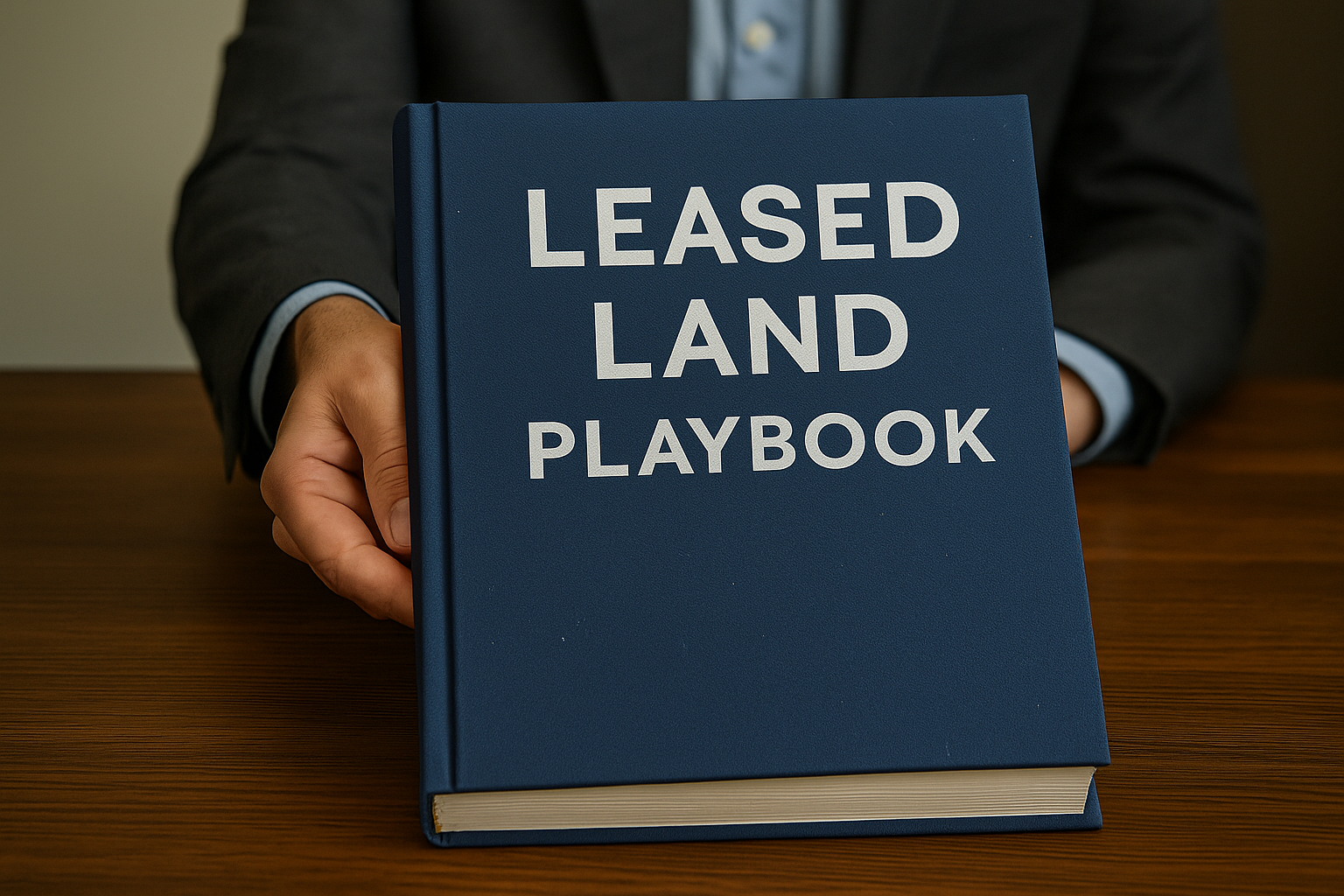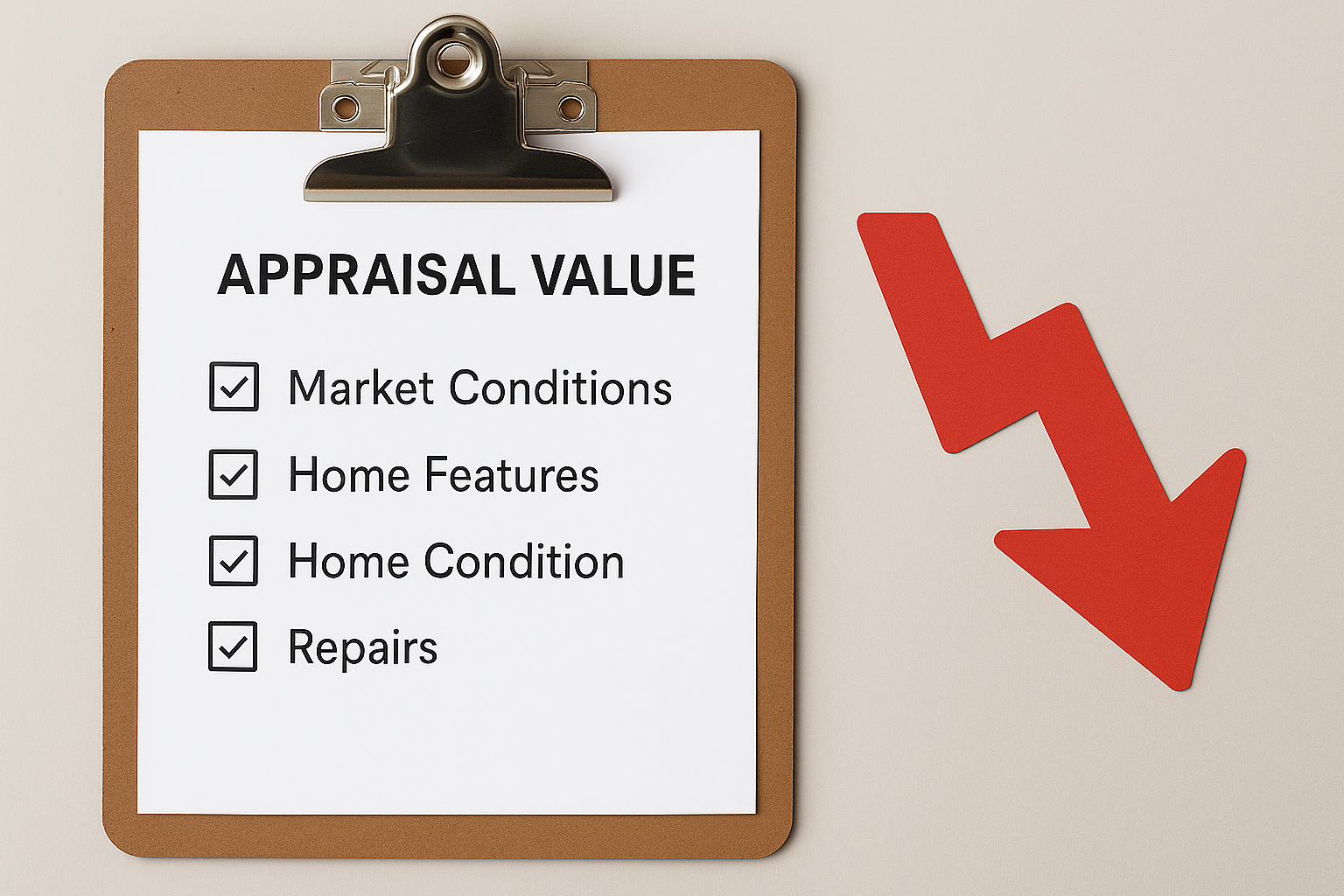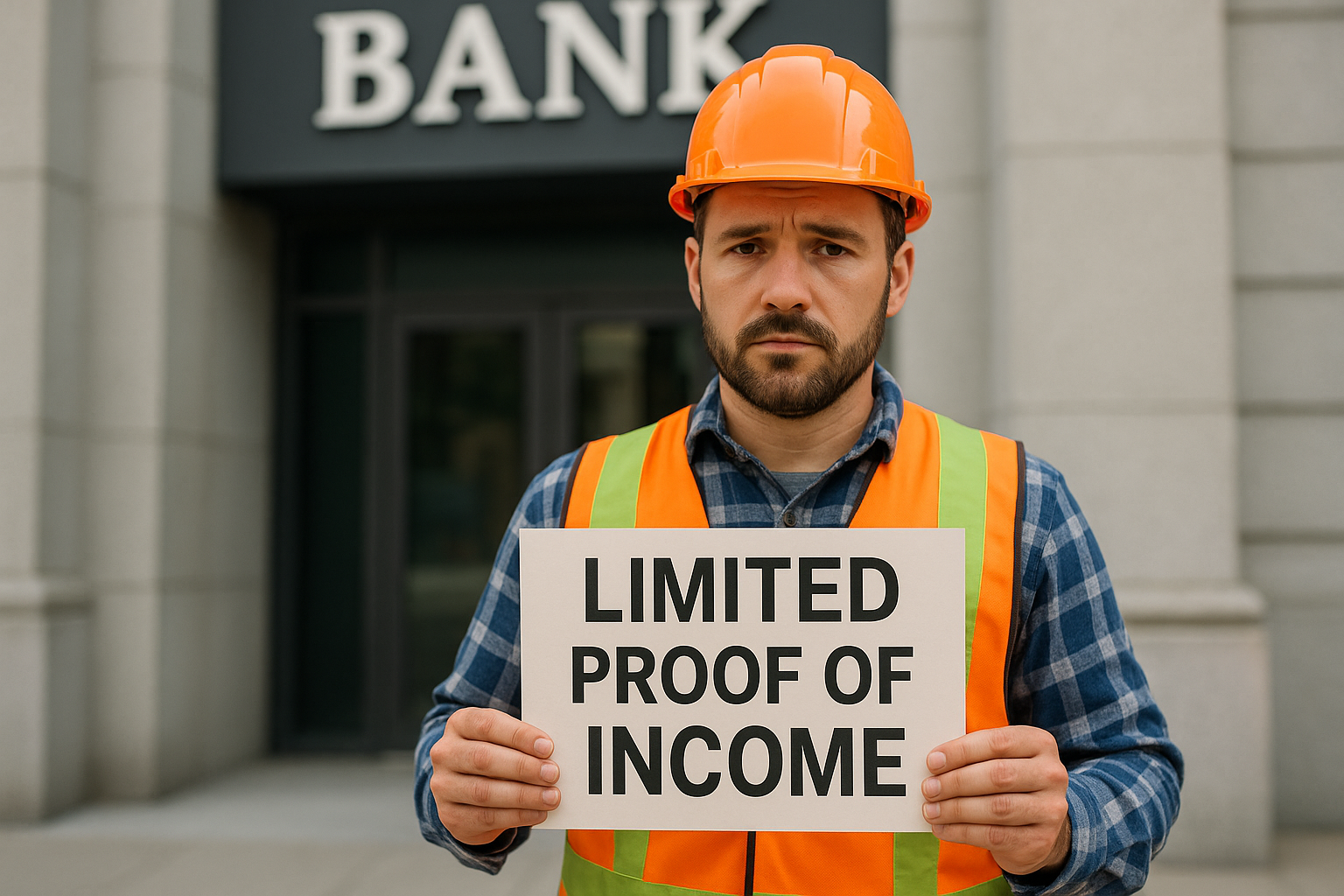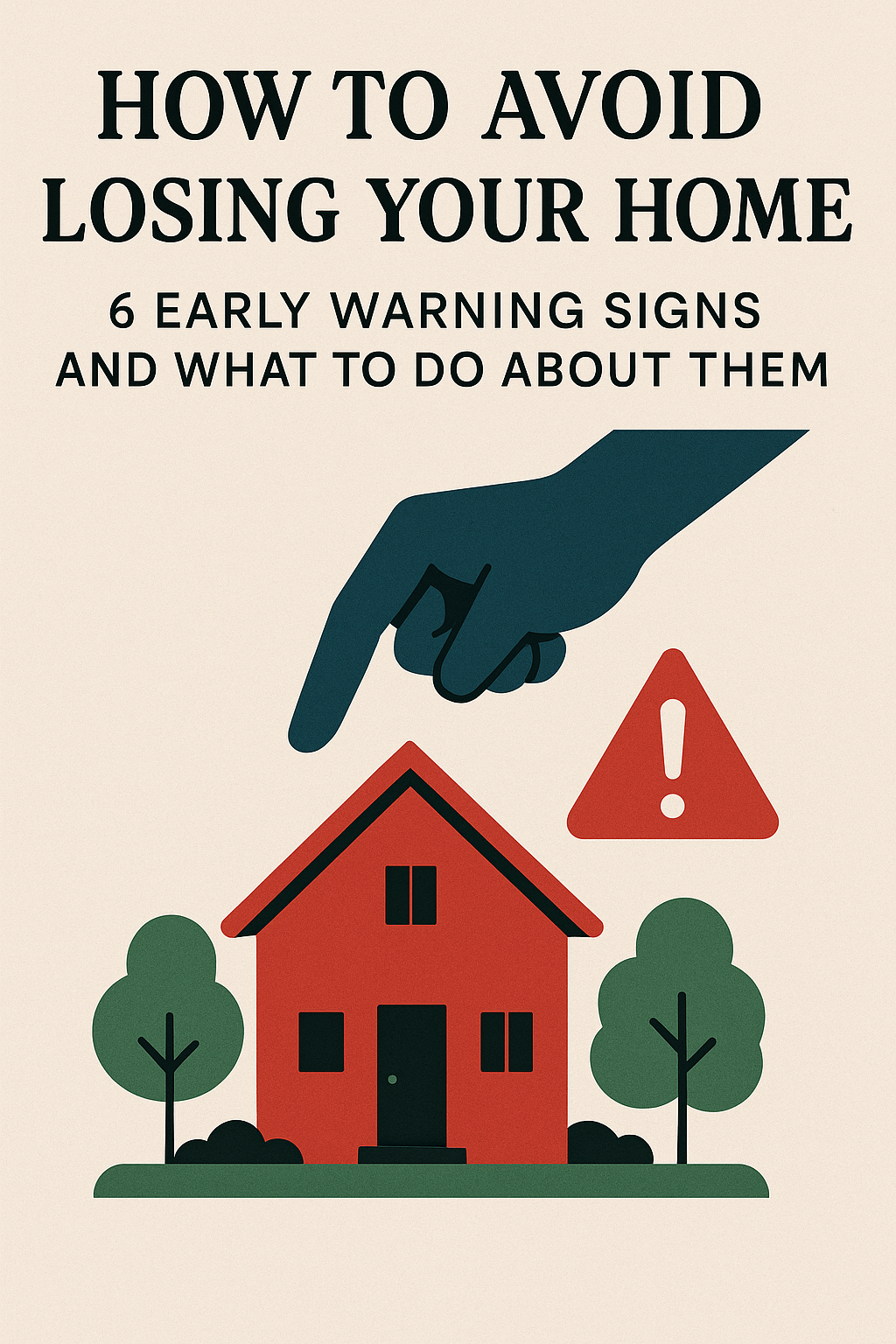Buying a house with bad credit in Canada can seem like a daunting task especially if you’ve been turned down by your bank. When life’s obstacles get in your way, whether it’s a sickness, loss of employment, a worldwide pandemic, or bad credit, don’t be disheartened. Many Canadians are struggling with such challenges, but there are solutions to consider.
It may take time to get back on track, which may require you to delay buying a home. Yet, waiting might not be an option for you?
Aside from low credit, you may feel your situation is strong enough to take the plunge into homeownership.
Well, you’ll be pleased to know that if you have bad credit, there are ways to secure a mortgage as well as alternative possibilities. You’ll be surprised how favorable these options can be as well. Plus, they can give you a real chance of getting your foot on the housing ladder.
So, here is some solid advice on how to buy a house with bad credit. And, in all the options we’re taking a look at, improving your credit score can only be a good thing. So we’ll start with this first.
Improve Your Credit Score
Having a higher credit score is advantageous since it lowers your mortgage rate. The result is reduced monthly mortgage payments.
If you’ve found your credit score is too low to qualify for a mortgage from one of the major lenders, you should work on increasing your score before your mortgage application.
You can work to improve your credit score by:
- Not applying for too much credit – Applying for too many credit cards can send out a signal to credit agencies that you’re in desperate need of money.
- Keeping within your credit limit – Try to keep the percentage of credit you use below a third of your maximum credit allowance. This gets registered by credit agencies that you’re not overspending, and you manage your money responsibly.
- Paying your bills on time – Avoid missing monthly bill payments, including debts, utilities, and your phone bill. If you can’t fully pay the bill, don’t ignore it; doing so can result in it hurting your credit score. Instead, set up payment plans straight away to get on top of the situation.
- Maintaining your oldest credit account – It is important to consider the duration of your credit history. When you cancel old credit cards, they are removed from your records, and your credit history is shortened. To extend the length of your credit history, leave your oldest credit card active, even if you don’t use it.
After a few months of using these techniques to manage your finances, you should see an improvement in your credit score.
Plus, it’s a good idea to consolidate debt when you lose track of multiple payments you need to make. By doing this, you can move closer to improving your credit score.
Connect With a B Lender
Most of Canada’s main banks will not approve you for a home loan if your credit score is below 600. Yet, if this happens, there’s a perfectly viable alternative that many Canadians choose and never look back!
If you don’t meet the bank’s minimal credit score requirement for mortgage approval, take a look into a bad credit mortgage from B lenders. Or there is also the option of bad credit home loans.
These financial institutions, which include trust corporations, nearly exclusively work with clients with poor credit scores. And, when the banks say no, you should try to look for some of the best B lenders where you can find surprisingly good terms.
You may need to engage with one of these private mortgage lenders if you’ve had a consumer proposal or bankruptcy in the last two years. If you are contemplating bankruptcy or a consumer proposal, make sure you thoroughly read up on your rights, as they might be avoidable.
Opting to use these very viable alternative lenders might finally be your ticket onto the property ladder!
Buying A House With Bad Credit – Using Others
Get a Co-Signer on Your Mortgage
Having a co-signer will put you in a more favorable position when applying for a mortgage with poor credit.
A third-party guarantor is added to a co-signed mortgage. If you can’t make your monthly mortgage payments, the co-signer agrees to pay them for you.
Because your co-signer is effectively a co-borrower, their income and credit score are considered during the mortgage application process. But having a co-signer for your mortgage will help you access better mortgage rates, bringing you closer to getting a home you’ll be proud of.
Bear in mind that lenders will need the co-signer to own part of the property in most situations. But most people who enter this ownership position are fine with the situation because of their strong and trusted relationship with their co-signer.
Opt for a Joint Mortgage
Another option you could consider is a joint mortgage. Unlike co-signing for a mortgage, a joint mortgage involves two or more persons owning and living in the same home, though this is not always the case.
When purchasing a property in Canada, one of the most prevalent buying solutions is a joint mortgage with parents involved. When parents have good credit and assets, they can help to increase their children’s mortgage eligibility.
However, there has been an increase in the number of siblings and friends buying homes jointly. This may be because Millennials seem to be finding it harder to buy homes alone.
Whatever the case, joint mortgages have benefits and drawbacks. So, do your homework before taking one out.
Make a Larger Down Payment
Making a larger down payment can help you secure the right mortgage for your needs.
A twenty percent or more downpayment could not only get you approved for a mortgage but also give you better interest rates. And you can attain these outcomes even with a bad credit score.
In this scenario, some good advice is to pool your resources together and save as much as you can. By doing this, you’ll also give yourself more favorable opportunities with B lenders.
Bad Credit, No Sweat!
Don’t let a bad credit situation ruin your hopes of owning a home. Buying a house with bad credit is viable and can be accomplished with a bit of elbow grease.
Even with a rejected mortgage, you can still purchase your dream home. You have to be savvy enough to explore your options properly.
At LendToday, we take pride in making it as simple as possible to get approved for a home equity loan or mortgage. In addition, we strive to provide you with the best and most cost-effective mortgage alternatives available in Canada!
Why not get in touch today? Then, we’ll work on making your dream home become a reality.

